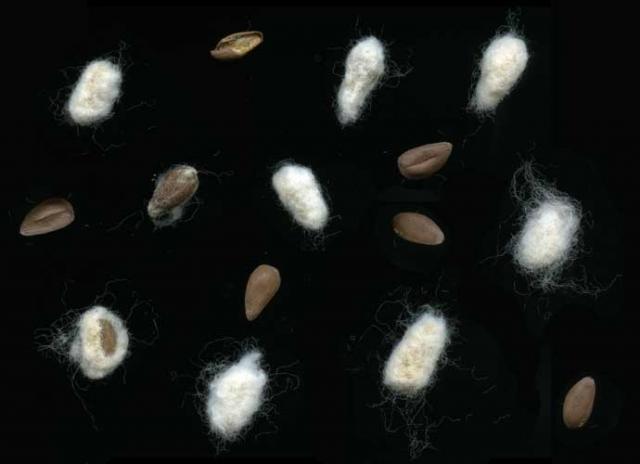- This topic is empty.
- AuthorPosts
- January 21, 2025 at 11:09 pm #542856

Cottonseed, a byproduct of cotton production, plays a crucial role in various industries. It is widely recognized for its versatility and multitude of applications.
Understanding the different types of cottonseed is essential for farmers researchers, and consumers alike. In this article, we will delve into the diverse varieties of cottonseed and explore their unique characteristics and uses.
1. Upland Cottonseed
Upland cotton (Gossypium hirsutum) is the most widely cultivated species of cotton globally, accounting for over 90% of the world’s cotton production.
Upland cottonseed is known for its shorter fibers and high yield. It is commonly used in the textile industry to produce a wide range of cotton products, including apparel, home furnishings, and industrial textiles.
2. Pima Cottonseed
Pima cotton (Gossypium barbadense) is a premium variety of cotton known for its long and silky fibers. Pima cottonseed is highly sought after in the textile industry due to its exceptional strength, softness, and luster. It is primarily used to manufacture luxury fabrics such as high-end clothing, bed linens, and luxurious towels.
3. Organic Cottonseed
Organic cottonseed is cultivated following strict organic farming practices, devoid of synthetic pesticides or fertilizers. It is produced using natural and sustainable methods, ensuring the cotton is free from harmful chemicals.
Organic cottonseed is in high demand among eco-conscious consumers who prioritize sustainable and environmentally friendly products.
4. Hybrid Cottonseed
Hybrid cottonseed is the result of controlled cross-breeding between two or more genetically different cotton varieties. These seeds are developed to enhance specific traits such as improved yield, disease resistance, or fiber quality.
Hybrid cottonseed offers greater productivity and uniformity, making it popular among farmers striving for higher yields.
5. Genetically Modified (GM) Cottonseed
Genetically modified cottonseed is engineered to possess specific traits that benefit farmers and consumers. Traits introduced in GM cotton varieties include resistance to pests, diseases, and herbicides, as well as improved fiber quality and yield.
GM cotton has been instrumental in reducing the need for chemical pesticides, enhancing crop sustainability, and increasing productivity.
6. Industrial-Use Cottonseed
Apart from its significance in the textile industry, cottonseed finds applications in various non-food and industrial sectors. Cottonseed oil, extracted from cottonseeds, is a valuable commodity used in food production, cosmetics, and pharmaceuticals.
Cottonseed hulls, the outer protective layer, are used as animal feed, fertilizer, and as a raw material in the production of particleboard and other industrial products.
In conclusion, the different types of cottonseed cater to the diverse needs of various industries. From Upland and Pima cottonseed for textile production to organic and hybrid varieties for sustainable farming practices, cottonseed has proven to be a versatile resource.
- AuthorPosts
- You must be logged in to reply to this topic.

